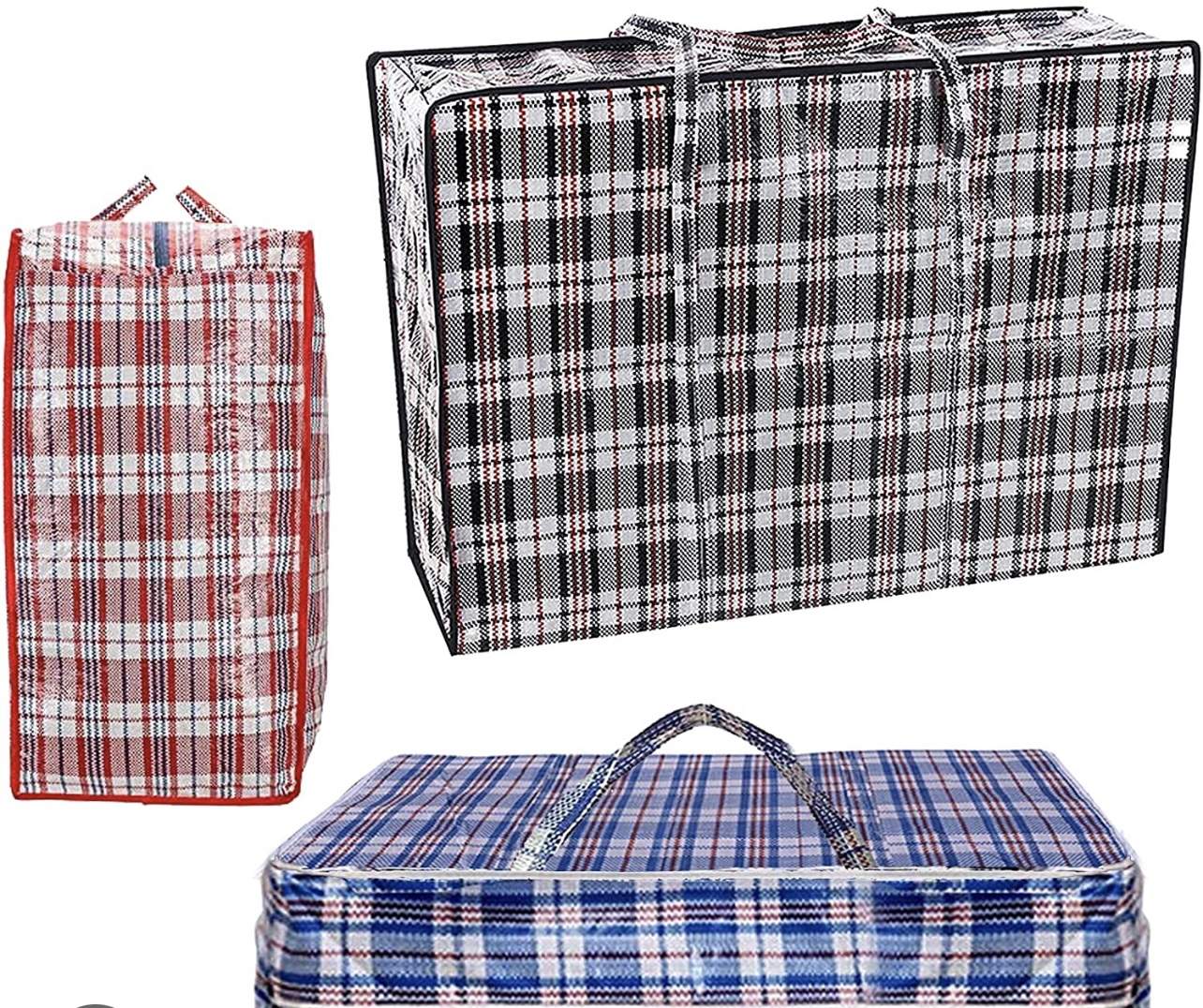In recent years, jute bags have made their way into Ghanaian fashion and sustainability scene. This has sparked a conversation: Are they a reflection of Ghanaian taste, or have they evolved into a symbol of Ghanaian fashion?
A Sustainable Statement with Deep Roots
Jute is a natural fiber known for its durability and eco-friendliness. It has long been associated with agriculture and packaging. In Ghana, jute bags may be regarded as more than just functional carriers.
Taste or Fashion?
To distinguish between taste and fashion, it’s important to understand both concepts in the Ghanaian context:
- Ghanaian taste refers to the enduring values and preferences shaped by tradition, utility, and cultural pride.
- Ghanaian fashion , on the other hand, is dynamic. It evolves, trends, and reinvents itself with time, often blending global styles with local influences.
Jute bags, in their raw form, align with Ghana taste,practical, natural, and sustainable. But when redesigned into chic totes with African print lining or hand-painted Kente motifs, they become fashion. A creative expression that aligns with today’s trends while still honoring the Ghanaian heritage.
It should be noted that the rise of jute bag fashion has created opportunities for local artisans and entrepreneurs, particularly women. Across Ghana, Nigeria, Kenya, and beyond, jute bag-making is becoming a cottage industry supporting livelihoods and creative enterprise.
A Cultural Conversation in Fabric
The jute bag can be attested to both taste and fashion of Ghanaians
The jute bag carries clothes, shoes, groceries or gadgets; in fact it carries everything and it is found in many households
The familiar checkered bag is not only durable but spacious, and affordable. It is known by many names across the globe. But in West Africa, it’s most widely recognized by a name charged with history and emotion: the Ghana Must Go bag.
A Bag with a Story
The term “Ghana Must Go” dates back to 1983, during a turbulent period of migration between Nigeria and Ghana. Faced with economic challenges, Nigeria issued an expulsion order affecting millions of undocumented immigrants, many of whom were Ghanaians. In a rush to leave, people packed their belongings in large, inexpensive woven plastic bags and so, the bag became associated with the exodus.
The nickname, though controversial, stuck. In Ghana, Nigeria, and beyond, the “Ghana Must Go” bag became a practical tool for travel, trade, and household storage. Over time, it also became a symbol of resilience, mobility, and adaptability in West African society.
In Accra’s markets and households this bag can be found everywhere.
What’s in a Name?
The name “Ghana Must Go” remains controversial. While some embrace it as a historical reference, others see it as a derogatory reminder of xenophobia and exclusion. Many people in the Ghanaian community simply call it jute bag or “Efiewura sua me” in the local language which literally means “landlord carry me “
More Than Just a Bag
Whether used to carry personal belongings across borders, hold market goods, or make a fashion statement, the Ghana Must Go bag has proven its enduring relevance. It has become a cultural representation.
Read Also-Through Her Lens: The Power To Run From A Love That No Longer Serves



